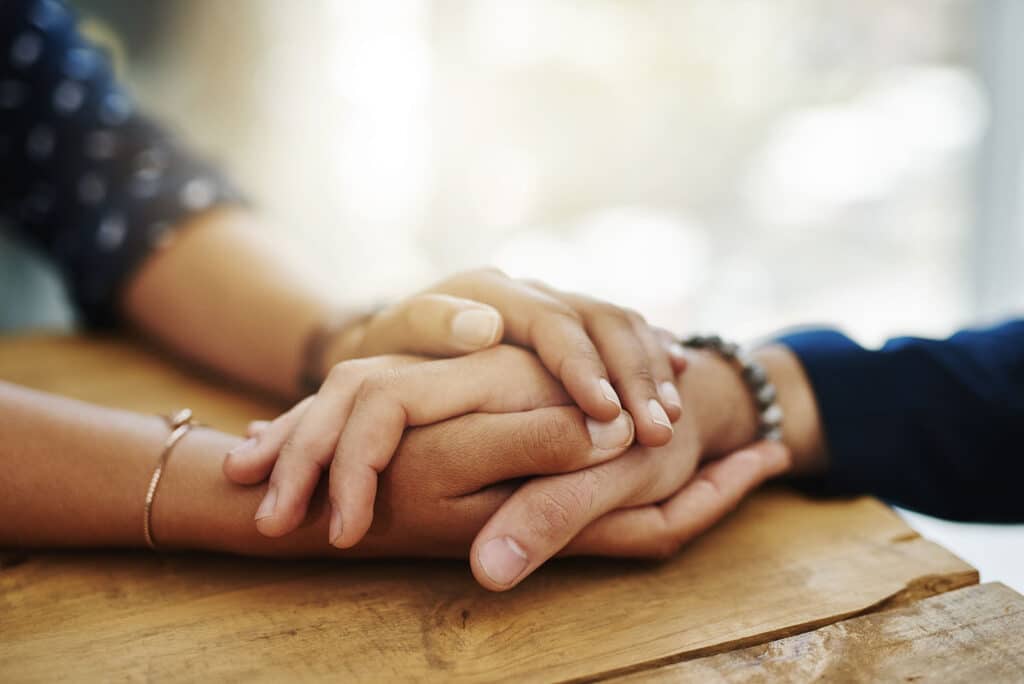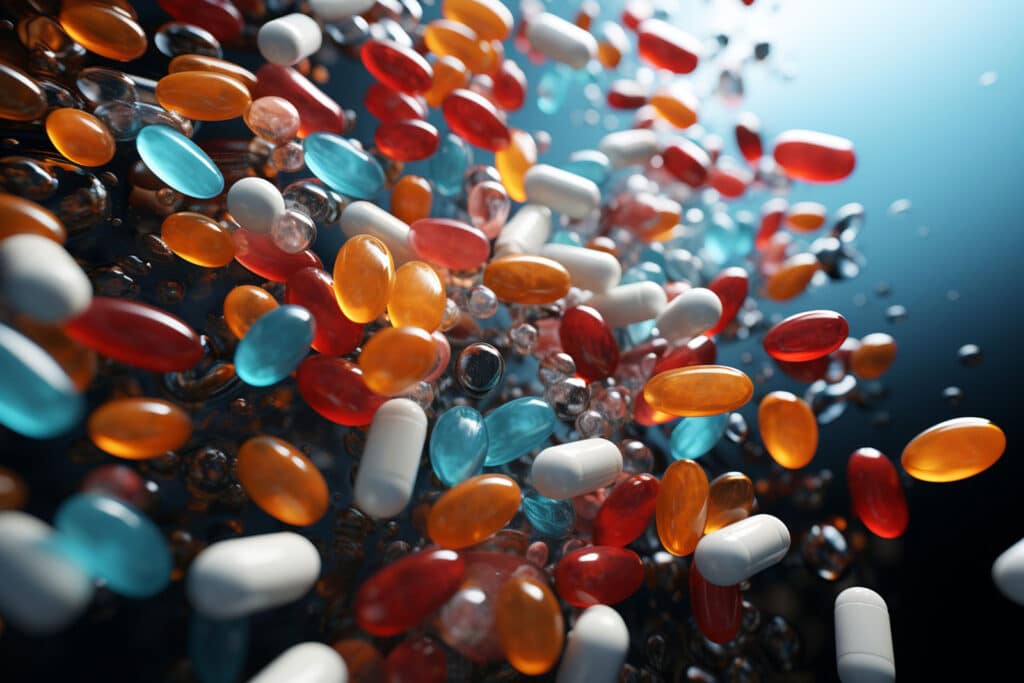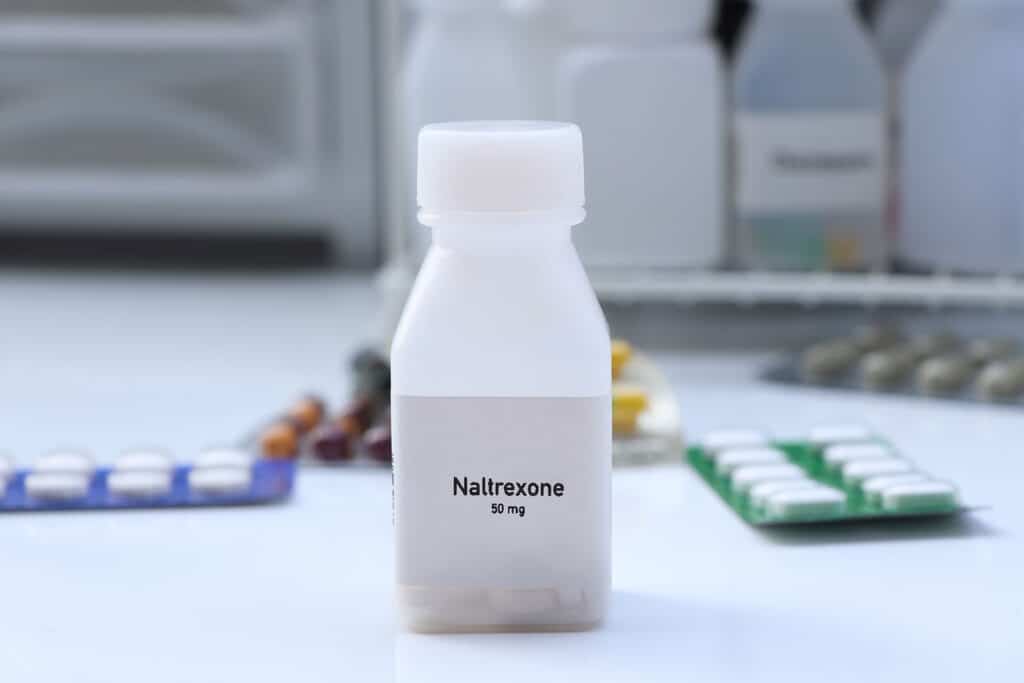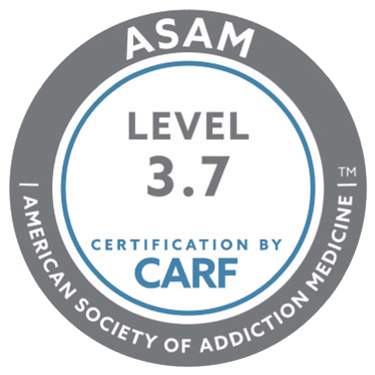To begin, let us be clear that what follows is not a damning claim that an addicted person can never love or have healthy relationships. The claims we shall present here are simply a reminder that addiction and healthy, reciprocal relationships cannot co-exist.
If you love an addicted person, there is hope, and that hope lies in recovery. What we hope to impart here is a strong admonition for you to support your loved one through the recovery process. Further, we hope to motivate persons like yourself to do the most loving thing you can do for your addiction-suffering loved one: encourage and even insist that she or he enter the recovery process in earnest.
If successful, your mission will be one of support. This is necessary for any meaningful hope of recovery because love is one of the few surest motivations that can inspire addiction sufferers to seek lasting recovery.
On the flip side of the coin, if you are a person suffering from addiction, straining to love your partner through the fog of compulsive substance abuse- we urge you to try to understand that your condition makes you unable to love your partner truly or fully.
That said, please read on with an open heart.
Understanding Addiction
In recent decades, a revolution in mental health has led to a clear understanding that addiction is a disease of impaired choice. This means that the ability to make healthy decisions becomes compromised. An addicted person can be good, intelligent, well-meaning, and capable of love, but the addiction creates negative consequences that prevent them from acting in constructive or loving ways.
Because of this impaired ability to choose, cravings and mood swings often take priority over their well-being and relationships. For healing to occur, addiction must be addressed before healthy boundaries and meaningful relationships can be restored. Often, underlying issues such as bipolar disorder or low self-esteem may be contributing to the addiction, which is why it’s crucial to address the root causes.

This revolution in understanding has made addiction treatment more compassionate and effective, offering hope for recovery. By recognizing that the addiction-suffering person has the potential for love but is limited by their condition, those around them can begin to forgive. Likewise, the addicted individual can begin to forgive themselves and work toward a healthier sense of self. This is an essential first step to recovery. If you or someone you know is struggling, call now to begin the journey toward healing.
Addiction and Emotional Availability
Having come this far, it shouldn’t take a leap of the imagination to see that emotional availability is something of which the addicted person has little or none to give. This does not mean she or he is dead inside or that they do not or can not love in return. It means addiction is in the way.
The addicted person cannot resist the urge to treat the drug of abuse as their priority. It comes before responsibilities, in so far that meeting responsibilities can support substance abuse. It comes before self-care and it comes before relationships.
We need to understand that the mechanism of addiction is such that natural healthy behaviors that nature has optimized us to seek are chemically and neurologically replaced with the dopamine response that is triggered by the drug of abuse. This is why the addicted person is not to be considered evil or morally inadequate. Rather, the addicted person is impaired.
The addiction must be treated successfully before the substance abuse sufferer can begin to become emotionally available again.
Prioritization of the Substance
The neurochemical mechanism in the brain that motivates us to engage in healthy, productive activities is known as the reward pathway. When functioning properly, it rewards us with pleasurable emotions when we act in ways that benefit ourselves and others. The primary chemical it uses is dopamine, a term you may be familiar with, as it’s the origin of the slang word “dope.”
In the case of addiction, addictive substances hijack this pathway, triggering a release of dopamine and other chemicals that make the addict’s behavior feel euphoric and rewarding. Unfortunately, this flexibility in the reward pathway, which is normally beneficial, becomes a weakness, allowing harmful addictions to take root. This often leads the addicted partner to prioritize the substance over their relationships, making it difficult for them to fully engage in addict love or healthy connections with others.

By understanding that addiction is a medical impairment, we can recognize why a drug addict or recovering addict struggles to maintain loving relationships. This knowledge allows us to forgive our loved ones suffering from addiction and, perhaps more importantly, it encourages those grappling with addiction to forgive themselves and commit to recovery with an open heart.
Impact on Relationship Dynamics
Healthy relationships depend on the ability of both partners to respond readily to each other’s needs, emotional states, and so on. Naturally, the addicted person cannot do this. He or she is engaged, first and foremost in, maintaining the addiction. He or she may say otherwise, and they may even be honest when that say as much. But because the ability to make healthy choices is impaired, their expressed motivation to behave as if they are committed to the relationship will inevitably fail them.
The Barrier of Denial and Deception
Addiction and deception almost invariably go hand in hand. The addiction sufferer can never say to her or his partner, “I prefer the drug to you,” “I will spend your money on alcohol,” or “I intend to use my time and energy to consume drugs. ” Thinking this way, we can see that the idea of an addicted person being honest is absurd. They simply cannot do it.
Strain on Communication and Intimacy
Needless to say, dishonesty destroys healthy relationships. The necessity of deception for the addicted person, therefore, destroys their ability to be honest. As a result, trust will erode, and without trust, no healthy relationship can survive.
Codependency and Unhealthy Relationship Patterns
All too often, persons who love an addicted person will intentionally or unintentionally work to help support the substance abuse habit. The codependent person learns on some level that their loved one only acts in a loving way when they do things that support the habit.

This happens in romantic relationships and familial relationships most often. But these are not the exclusive territory of codependency.
The codependent person can often be seen as suffering from an addiction complex themselves. Such a person is addicted to the positive attention of the other and supports the addiction, knowingly or otherwise, because her or his own ability to choose has become impaired.
Codependency can be an especially pernicious and destructive downward spiral.
Recovery and the Potential for Change
The good news is that there is hope for anyone with a substance use disorder, whether it involves drug abuse, alcohol addiction, or substance addiction, if they are willing to seek professional help and follow through with the addiction treatment process. We encourage you to take comfort in knowing that the support of family members and loved ones is key to achieving lasting recovery. By working together, with a strong commitment to overcoming drug use or alcohol abuse, there are many treatment programs, including outpatient options, that can provide the right guidance.
Living with a partner suffering from addiction may be one of the greatest challenges you will ever face. As you support your recovering loved one, remember they are also navigating a difficult journey, often complicated by mental health issues or mental illness. If you and your partner are ready to take the next step toward freedom from substance abuse, family therapy and support groups can help rebuild your relationship.
At Recreate Behavioral Health, our team of experts has guided hundreds of couples through the same challenges you are facing. With our comprehensive treatment programs, including detox, family therapy, and peer support systems, your partner has every chance to overcome their addiction and return to the person you love.










